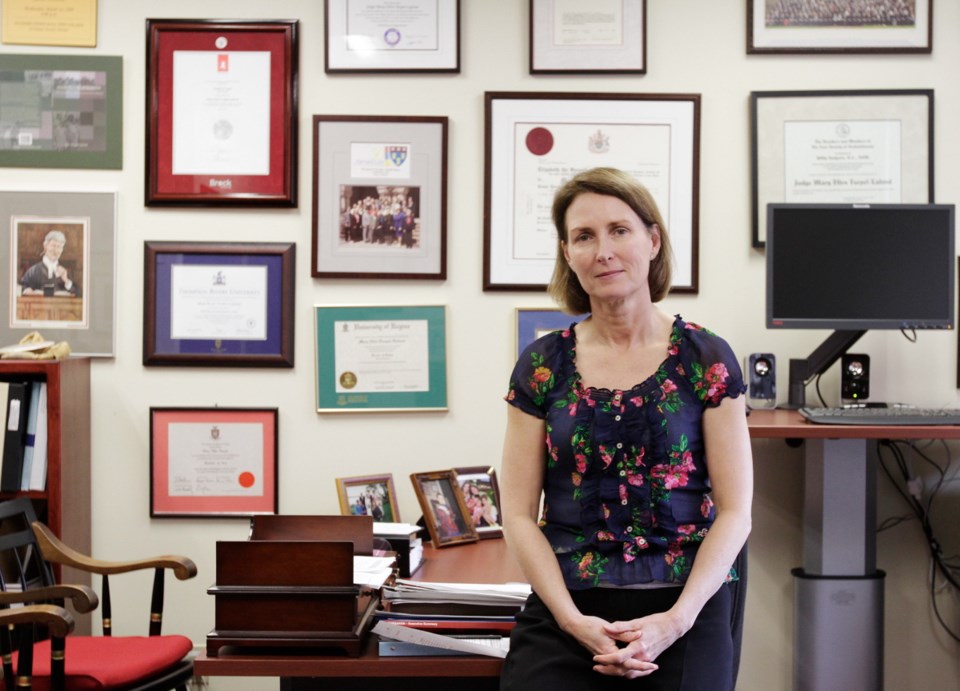It’s like a competition between B.C.’s most vulnerable. While Tuesday’s budget promised more money for affordable housing and people with developmental disabilities, the province’s child welfare watchdog said there are no new funds to help lift children out of poverty.
The Liberal government boosted funding to Community Living B.C. by $243 million over the next three years to address growing waitlists of adults with developmental disabilities.
CLBC’s annual budget will jump from $728 million last year to just under $800 million in 2014-15.
The agency has been under fire since 2011 when budget constraints resulted in the closing of group homes, forcing developmentally disabled people from long-term residences into less-expensive living arrangements.
Michael Prince, a professor of social policy at the University of Victoria, said when the agency was set up in 2005, it wasn’t given enough money to meet the massive need. Now, the government is playing catch up. “For a budget that’s very cautious and that there’s very little new money in, I’m pleased to see that CLBC is getting some incremental modest lifts over the next three years,” Prince said. “It’s keeping up with the caseload and a more complex set of needs.”
Faith Bodnar, executive director of disability advocacy group Inclusion B.C., said while she’s encouraged the government is finally willing to address increasing caseloads, there needs to be more investment in respite services for parents who are caring for their children at home.
The Ministry of Children and Family Development will continue to get an additional $5 million a year to fund programs for children with autism, an initiative introduced last year.
B.C.’s representative for children and youth, Mary Ellen Turpel-Lafond, said the budget shows no long-term strategy to reduce the number of children living in poverty, which according to a report released late last year, is 18 per cent, the highest in Canada.
There’s no additional funding to deal with the shortage of social workers in regional offices or the lack of acute-care supports for children with mental-health needs, Turpel-Lafond said.
“We’ve placed a very significant premium on having a balanced budget by taking an approach which is reduction of services and not being able to work on what are known social problems,” Turpel-Lafond said. “I think the issue is, what are we doing to improve the lives of children who are most vulnerable in this province? Do we have a proper response to child safety?”
In terms of social housing initiatives, B.C. Housing will receive $150 million over five years as part of a cost-match agreement with the federal government to create more affordable housing. Over the next five years, $300 million will be spent on expanding rental assistance and building 100 new units of public housing per year.
The Liberals have also introduced a plan to transfer properties to non-profit organizations that provide affordable housing to low-income citizens. The government will give $58 million over the next three years to help non-profits offset the costs of assuming those mortgages. “I see that as a positive innovation,” Prince said. “It’s one of the few bright spots in an otherwise dull budget.”
The budget includes modest tax benefits for families, including an Early Childhood Tax Benefit of $55 per month per child under six-years-old starting April 2015.



